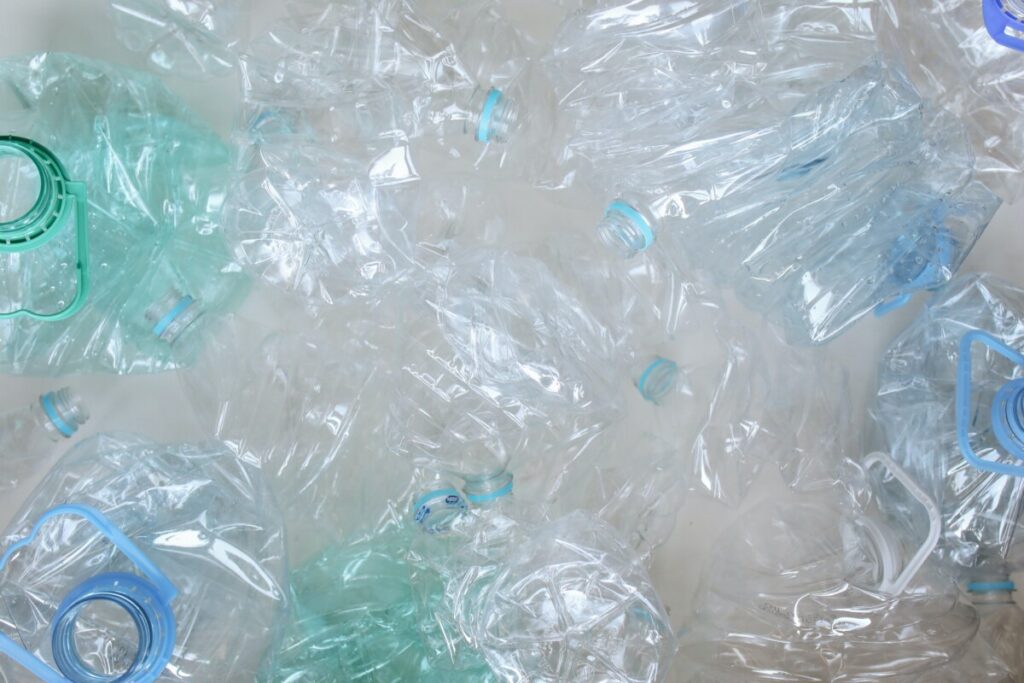In an age where environmental consciousness is paramount, Social media platforms have developed powerful tools for spreading awareness about sustainability. Bali, renowned for its breathtaking landscapes, is also a hotspot for eco-friendly initiatives. Influencers and environmentally conscious individuals have showcased Bali’s commitment to sustainable practices through Instagram, Facebook, and other social media platforms. Explore how social media plays a vital role in spotlighting eco-friendly endeavors in this Indonesian paradise.
1. Eco-Friendly Accommodations: Redefining Luxury with a Green Touch
Bali’s hospitality industry has taken significant strides towards sustainability. From eco-resorts nestled in lush jungles to beachfront villas powered by renewable energy, the island offers a range of accommodation options that prioritize environmental responsibility. Influencers and travelers use social media platforms to share their experiences in these eco-conscious havens, showcasing how luxury and sustainability coexist harmoniously.
These accommodations are designed to leave minimal environmental footprints without compromising comfort and luxury. Many implement innovative features like rainwater harvesting systems, solar panels, and natural cooling techniques to reduce environmental impact. By highlighting these eco-friendly options on social media in Bali, influencers inspire their followers to choose sustainable accommodation and encourage the hospitality industry to continue its efforts towards environmental stewardship.
2. Zero-Waste Cafés and Restaurants: A Culinary Revolution
Bali’s culinary scene has witnessed a surge in zero-waste establishments, demonstrating a commitment to reducing plastic waste and promoting sustainable food practices. Through social media, bloggers and influencers are showcasing the delectable offerings of these eateries while applauding their efforts towards a greener future. From reusable straws to locally sourced ingredients, these establishments set a new standard for eco-conscious dining.
These zero-waste cafés and restaurants are reshaping the way people view food consumption. They emphasize the importance of conscious choices and highlight how small changes in daily routines, like using reusable containers and utensils, can make a significant impact. By featuring these establishments on social media platforms, influencers promote sustainable dining experiences and encourage a shift in consumer behavior towards more eco-friendly practices.
3. Community-Led Recycling Initiatives: Turning Trash into Treasure
Bali’s communities have taken matters into their own hands, spearheading recycling projects that transform discarded materials into valuable resources. These grassroots initiatives gain visibility and support from a global audience through social media platforms. Influencers and content creators amplify their impact by spotlighting these projects, encouraging others to participate, and showcasing the potential for positive change at a community level.
These community-led initiatives are crucial in addressing Bali’s waste management challenges. They provide opportunities for residents to actively engage in sustainable practices, from sorting recyclables to participating in upcycling workshops. By featuring these initiatives on social media, influencers are showcasing the creativity and dedication of these communities and inspiring others to take similar actions in their neighborhoods.
4. Sustainable Fashion: Embracing Ethical Choices
Bali is a center for sustainable fashion, where local creators prioritize eco-friendly materials and ethical production methods. Social media influencers use their networks to promote these sustainable fashion brands, showcasing their unique designs and emphasizing the importance of conscious consumerism. By doing so, they’re inspiring a shift towards a more sustainable approach to fashion.
Bali’s sustainable fashion embraces organic fibers, local craftsmanship, and fair trade, exemplifying eco-conscious practices and ethical production. By featuring these fashion brands on social media, influencers endorse their products and educate their followers about the environmental and ethical considerations behind these choices. They are turning the spotlight on a fashion industry that values both style and sustainability.
Read More:
A Comprehensive Guide to Indonesian Cultural Etiquette for Travelers
Minimizing Inheritance Fees for Seminyak Villas in Bali
5. Conservation and Wildlife Protection: Advocating for Bali’s Natural Treasures
Various factors, including habitat loss and poaching, threaten Bali’s rich biodiversity. Conservationists and wildlife enthusiasts are leveraging social media to gain awareness about these issues and showcase the efforts to protect the island’s natural treasures. Through captivating images and informative content, they engage a global audience in the cause of wildlife conservation.
Social media is a powerful platform for showcasing Bali diverse ecosystems and the incredible wildlife that calls the island home. Influencers play a critical role in shedding light on the conservation organizations and initiatives working tirelessly to safeguard these habitats. Sharing stories of successful rescue missions, rehabilitation efforts, and conservation campaigns. They inspire their followers to become advocates for Bali’s natural heritage.
6. Permaculture and Organic Farming: Cultivating Sustainable Agriculture
Bali’s fertile soil and tropical climate are ideal for permaculture and organic farming practices. Social media influencers and content creators use their platforms to spotlight these sustainable agricultural methods. They share insights into growing organic produce, creating self-sustaining ecosystems, and supporting local farmers pioneering sustainable agriculture in Bali.
These practices not only promote ecological harmony but also provide communities with access to fresh, locally-grown produce. Influencers highlight permaculture’s creative methods, like companion planting and rainwater harvesting, bolstering Bali’s food security and environmental strength. Showcasing sustainable farming on social media motivates others to embrace eco-friendly practices and foster a sustainable agricultural sector in Bali.
7. Plastic-Free Initiatives: Reducing Single-Use Plastics
The campaign against plastic pollution is a global endeavor, and Bali is no exception. Through social media, activists and influencers highlight initiatives to reduce single-use plastics on the island. Beach clean-ups and promoting plastic-free options inspire action in individuals, businesses, and communities, gaining momentum for environmental change.

Bali’s stunning beaches and vibrant marine life are cherished by residents and visitors alike. The plastic-free movement is an essential step towards preserving these natural wonders. Influencers highlight Bali’s plastic pollution, offering actionable tips for reducing waste and preserving the environment through their platforms. By amplifying the voices of organizations and individuals leading the charge against single-use plastics, they foster a collective sense of responsibility and empower their followers to make more sustainable choices.